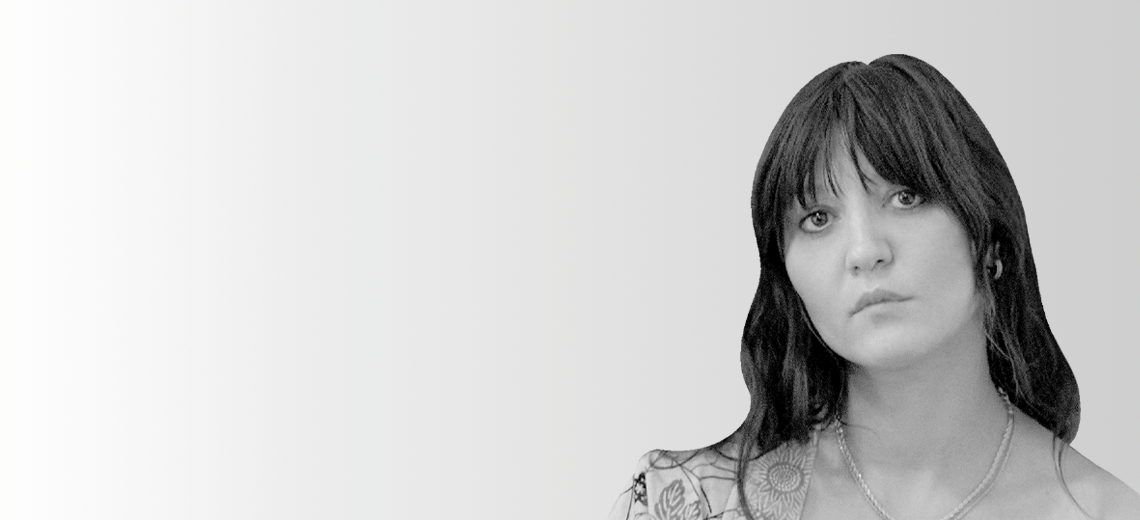This is an episode of the Glossy Fashion Podcast, which features candid conversations about how today’s trends are shaping the future of the fashion industry. More from the series →
Subscribe: Apple Podcasts • Spotify
From getting discovered by Chanel’s former creative director Karl Lagerfeld to becoming his muse and eventually a supermodel, Irina Lazareanu has decades worth of experience in fashion.
“It was very much being at the right place at the right time,” said Lazareanu on the latest episode of the Glossy Podcast. “I could never be [the perfect model]. I had to find something that was completely mine. And I had to stick to that conviction that I’m still going to show up like [myself]. I’m not going to change because everybody else looks a certain way. [Being different] was terrifying at 18.”
Staying true to herself came with a lot of rejection, she said, but it was worth it when Lagerfeld noticed her at a casting call. From there, Lazareanu’s career took off, and unbeknownst to her at the time, she ruled the early aughts runway.
Two decades into her career, Lazareanu has had a lot of time to reflect on her upbringing and ascension to superstardom. She published her first book “Runway Bird” in April, an insight into her whirlwind career along with the people who helped her along the way.
Below are additional highlights from the conversation, which have been lightly edited for clarity.
The social media effect
“It’s good that people are using their platforms to talk about [issues in the fashion industry]. At the same time, I also think it’s very important for somebody to pay their dues and do the work. If you have worked in fashion for years, you want to be paid for your work. But if you had a viral video on TikTok because you did a funny dance and all of a sudden, you want to be paid millions of dollars when people [like] journalists, models, stylists, designers, et cetera have worked for 20 or 30 years to get somewhere [then] I don’t agree with that. Your work needs to also reflect your value and what you bring to the industry.”
Ad position: web_incontent_pos1
Pioneering the “indie sleaze” trend
“Indie Sleaze as the Gen Zers call it was just called indie [when I was growing up]. It was an amazing time in music and fashion in the early 2000s where you had groups like The Libertines coming and creating this movement that wasn’t grunge. It was post-grunge. It had a little bit of the ’90s baggy jeans, dirty hair and ripped jeansthing going on, but it was also mixed with glamorous aspects. It wasn’t about following trends and wearing brands, it was about getting through your day and surviving it. That’s how I look at it. It was authentic. It’s not a trend and it’s not a movement. It was a feeling of expression.”




